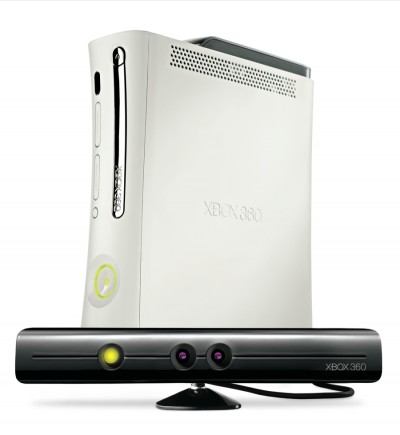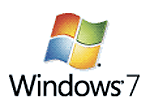 Microsoft has decided it wants to help America–and, eventually, the world–save energy. So it’s launching Microsoft Hohm, a new service that Microsoft honcho Craig Mundie is announcing this morning at the Edison Electrical Institute conference in San Francisco. The service is scheduled to go live in the next week or so at Microsoft-Hohm.com.
Microsoft has decided it wants to help America–and, eventually, the world–save energy. So it’s launching Microsoft Hohm, a new service that Microsoft honcho Craig Mundie is announcing this morning at the Edison Electrical Institute conference in San Francisco. The service is scheduled to go live in the next week or so at Microsoft-Hohm.com.
At first blush, Hohm sounds suspiciously similar to Google PowerMeter, a service Google launched a few months ago to help consumers monitor their power consumption and figure out ways to cut usage and costs. But while PowerMeter requires a special smart meter or other power-monitoring equipment in the home and is the result of collaboration between Google and a few utilities, Hohm is designed to be immediately useful to anybody with an interest in using it. Microsoft does plan to collect data from smart meters (as well as smart plugs, which plug into the wall and then monitor the devices you plug into them). And the company is planning to work with utilities to let consumers transfer information about their power usage for detailed analysis.(So far, it has only four utility partners, in Seattle, Sacramento, and the midwest, but it says it hopes to have a bunch more on board by the end of the year.)
But all of this is optional–Hohm will also provide advice if all it knows about you is your zip code, the age and size of your house, the type of heating you have, and a few other facts. Or, if you’re really serious about going green, you can fill out a 200-item (!) questionnaire to get the most sophisticated advice possible on how to reduce your power usage. The advice it gives is the sort of stuff you’d expect, from installing compact fluorescent lightbulbs to having your home’s ducts sealed, and the service includes a planning feature that lets you set deadlines for yourself for accomplishing each task. (Microsoft says it plans to make money eventually by selling advertising to contractors and others who might help you with more elaborate energy-saving steps.)
I was one of several journalists who Microsoft briefed on Hohm yesterday; the service looked slick. useful, and ambitious in the company’s canned demo. But the real test will be trying it and discovering whether its analysis and advice does indeed help slash power consumption. If nothing else, I like the idea of a service of this sort that isn’t dependent on any high tech within the home. (My house is 57 years old and a shockingly high percentage of its infrastructure is original and unchanged.
Hohm is launching only in the U.S. for now, but Microsoft says it plans to roll it out in other countries around the world over time–particularly in energy-conscious ones such as Germany. After the jump, a few screens of it in action.

 At the risk of beating this story to death, I’m going to dip back into the Xbox 360/Project Natal hysteria to parse out what’s actually been established over the last week. As
At the risk of beating this story to death, I’m going to dip back into the Xbox 360/Project Natal hysteria to parse out what’s actually been established over the last week. As  XP is like that houseguest you can never get to leave. Microsoft is now giving computer manufacturers up to 18 months — or until April 2011 — to offer “downgrade” options from Windows 7 for customers. The concession by Redmond is a victory for companies who had been pushing for the extension to minimize the pain of upgrading to the newest operating system.
XP is like that houseguest you can never get to leave. Microsoft is now giving computer manufacturers up to 18 months — or until April 2011 — to offer “downgrade” options from Windows 7 for customers. The concession by Redmond is a victory for companies who had been pushing for the extension to minimize the pain of upgrading to the newest operating system. FEAR GRIPS GOOGLE. It’s a nicely classic New York Post headline for a
FEAR GRIPS GOOGLE. It’s a nicely classic New York Post headline for a  Over at ZDNet, my friend Jason Hiner has published an open letter to Microsoft, arguing that it’s
Over at ZDNet, my friend Jason Hiner has published an open letter to Microsoft, arguing that it’s  It’s not the least bit surprising, but now it’s official: Microsoft is
It’s not the least bit surprising, but now it’s official: Microsoft is